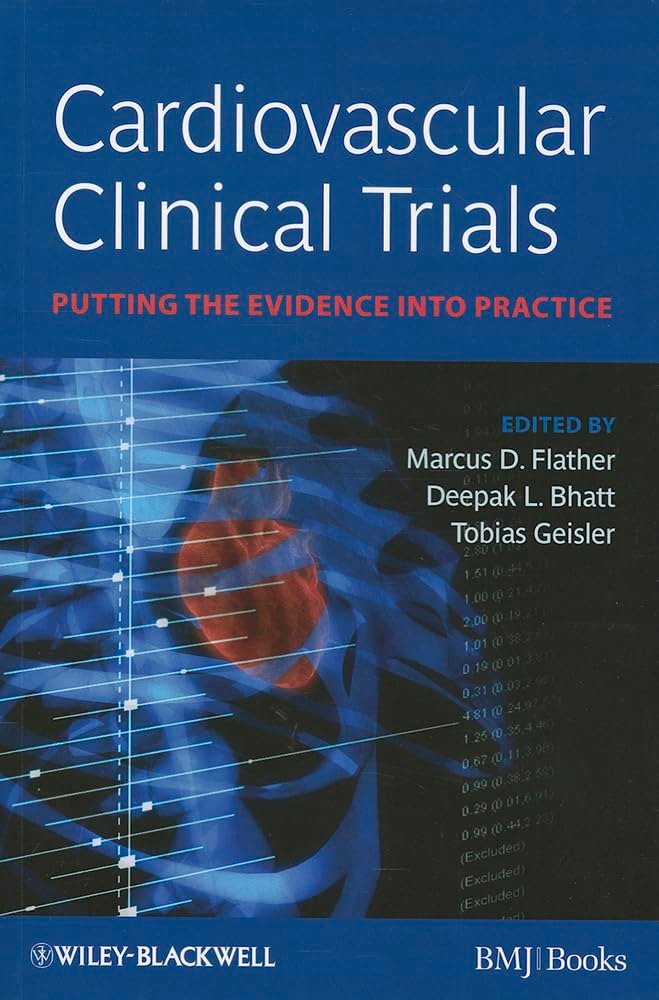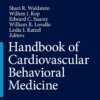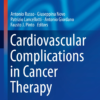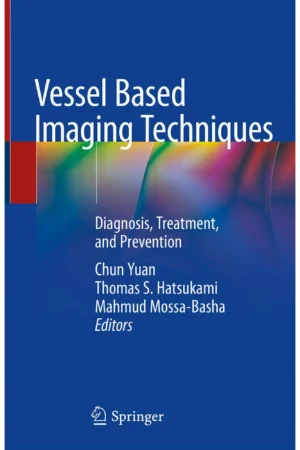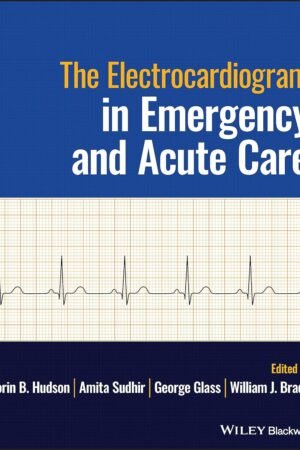Cardiovascular Clinical Trials PDF
Introduction
Cardiovascular clinical trials play a vital role in advancing our understanding of heart disease and improving patient care. These studies evaluate new medications, interventional procedures, surgical techniques, and preventive strategies. By generating high-quality evidence, cardiovascular clinical trials shape global treatment guidelines and directly impact patient outcomes. According to the National Institutes of Health (NIH), thousands of cardiovascular trials are conducted worldwide each year.
Why Cardiovascular Clinical Trials Matter
Heart disease remains the leading cause of death globally, making it critical to test new therapies through rigorous clinical research. Trials provide insights into drug safety, long-term effectiveness, and comparative outcomes between standard and innovative treatments. The American Heart Association (AHA) emphasizes that without well-designed trials, advancements in cardiology would not be possible.
Types of Cardiovascular Clinical Trials
Pharmacological Trials
These focus on evaluating new drugs, including antihypertensives, anticoagulants, statins, and heart failure medications.
Device and Interventional Trials
Studies test the safety and efficacy of stents, pacemakers, defibrillators, and minimally invasive procedures like TAVR (transcatheter aortic valve replacement).
Surgical Trials
Research compares different surgical approaches such as coronary artery bypass grafting (CABG) versus less invasive alternatives.
Preventive Trials
These investigate the role of diet, lifestyle, vaccines, and population-level interventions in reducing cardiovascular risk.
Key Considerations in Cardiovascular Clinical Trials
Designing trials requires careful attention to patient selection, sample size, and endpoints such as mortality, hospitalization, or quality of life. Ethical considerations, including informed consent and equitable patient recruitment, are also central. The European Society of Cardiology (ESC) highlights the importance of international collaboration to achieve reliable and generalizable results.
Recent Breakthroughs from Clinical Trials
Recent cardiovascular trials have shaped modern practice. Examples include:
-
Large-scale studies demonstrating the benefits of SGLT2 inhibitors in heart failure management.
-
Trials proving the effectiveness of PCSK9 inhibitors in lowering cholesterol and reducing cardiovascular events.
-
Advances in atrial fibrillation management with new anticoagulants and ablation techniques.
Challenges in Conducting Cardiovascular Clinical Trials
Common obstacles include high costs, long timelines, strict regulatory requirements, and difficulties in recruiting diverse patient populations. The COVID-19 pandemic has further complicated trial operations, though it has also accelerated the use of digital platforms and remote monitoring.
The Future of Cardiovascular Clinical Trials
The future lies in precision medicine and adaptive trial designs. Incorporating artificial intelligence, wearable technology, and real-world data will enhance trial efficiency and relevance. Global collaborations will also be essential to address the burden of cardiovascular disease across different populations.
Conclusion
Cardiovascular clinical trials are the cornerstone of progress in cardiology, driving innovation and improving patient outcomes. By bridging scientific discovery with real-world practice, these trials ensure that treatments are safe, effective, and evidence-based.
👉 Download Cardiovascular Clinical Trials PDF to explore landmark studies, trial design strategies, and cutting-edge innovations shaping the future of heart care.

